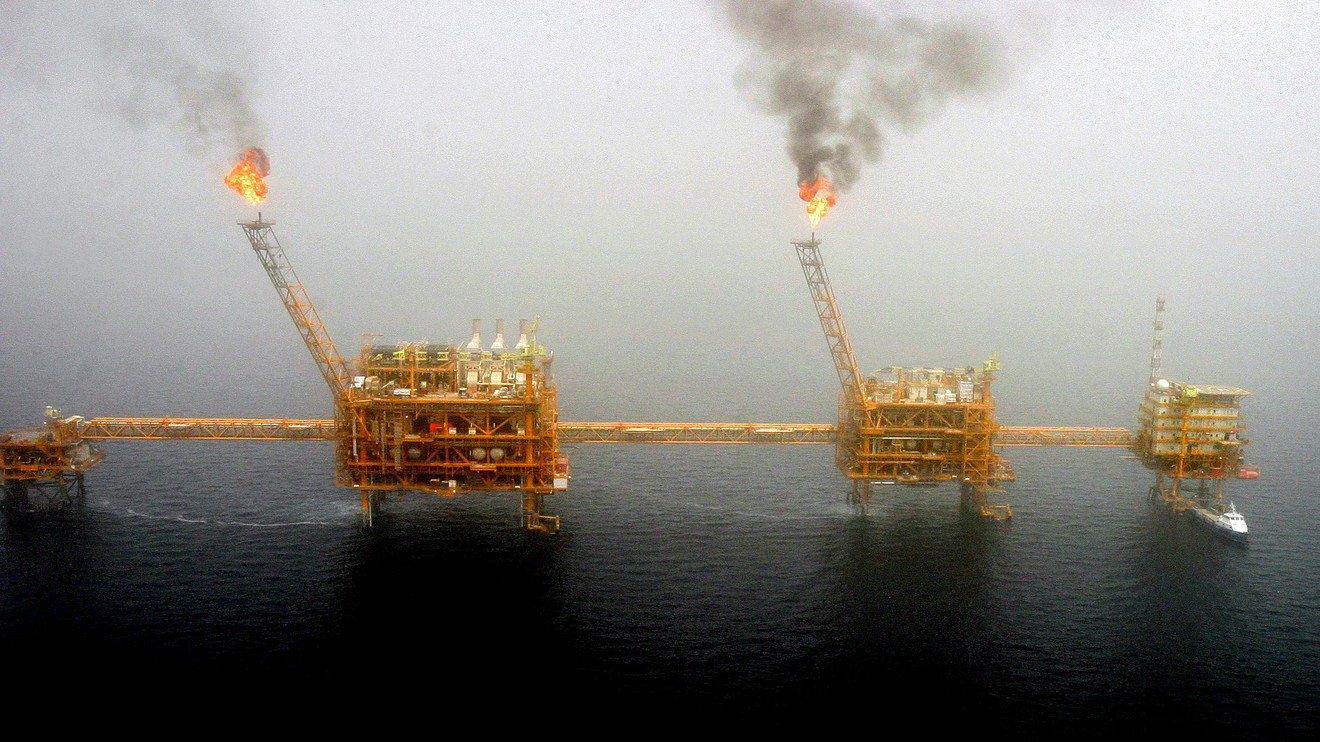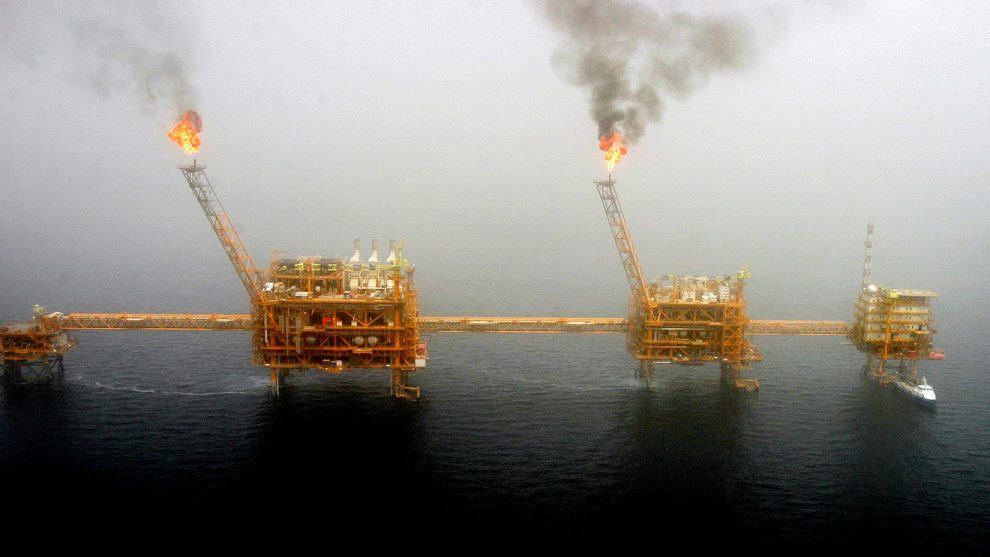
Oil prices surged on Monday amid reports the U.S. will announce the end of waivers for countries to import Iranian oil, as part of a bid by the Trump administration to push Iran’s exports to zero.
As traders returned from the long holiday weekend, West Texas Intermediate crude for May delivery CLK9, +2.20% CLK9, +2.20% surged $1.50, or 2.3%, to $65.50 a barrel. On Thursday, the U.S. benchmark, West Texas Intermediate crude for May delivery CLK9, +2.20% rose 0.4% to settle at $64 a barrel on the New York Mercantile Exchange. WTI oil prices rose 0.2% last week, which marked the seventh-straight weekly gain, the longest winning streak since a seven-week rise ended Feb. 28, 2014, according to Dow Jones Market Data.
June Brent crude LCOM9, +2.38% the global benchmark, rallied $1.75, or 2.4%, to $73.72 a barrel. On Thursday, the contract rose 0.5% to $71.97 a barrel on ICE Futures Europe. Brent gained 0.6% for the week, its fourth consecutive weekly rise.
On Sunday, the Washington Post reported that the U.S. will announce on Monday that buyers of Iran’s oil must end those imports or suffer U.S. sanctions, citing State Department officials. That was followed up by a similar report in The Wall Street Journal.
Eight countries had been granted a 180-day waiver to buy Iran’s crude despite U.S. sanctions, but under the stipulation that they move toward reducing those purchases and eventually stopping imports. May 2 was the deadline for renewing the waivers, and Iran’s biggest customers — China, India and Turkey — had been expecting fresh waivers.
Republican senators such as Ted Cruz (R., Texas) have been pressuring the administration for months to clamp down harder on Iran’s finances.
“Predictably oil prices are rising, but this leads into the broader question, given the tenuous relationship between Saudi Arabia and Iran, not to mention the signs of aggression emanating out of Washington. Are we going to see the Middle East powder keg explode again?” commented Stephen Innes, managing partner and head of trading at SPI Asset Management.
“The U.S. push to toward zero on Iran will be accompanied by an increase in production by Saudi + U.A.E. [United Arab Emirates],” Innes added, in a note to clients.
Sanctions on Venezuela and the approaching expiration of those waivers for importers of Iranian oil have been contributing to supply jitters recently. Chatter has included speculation that tighter sanctions against Iran and Venezuela could trigger an end to the production-cut agreement among members and some nonmembers of Organization of the Petroleum Exporting Countries. That deal expires in June.
Analysts say that deal has been helping to keep prices stable against the backdrop of rising U.S. production. The Energy Information Administration on Wednesday reported that U.S. crude supplies fell by 1.4 million barrels for the week ended April 12, against expectations for a rise of 1.8 million barrels, following three straight weeks of rises.
Providing critical information for the U.S. trading day. Subscribe to MarketWatch’s free Need to Know newsletter. Sign up here.









